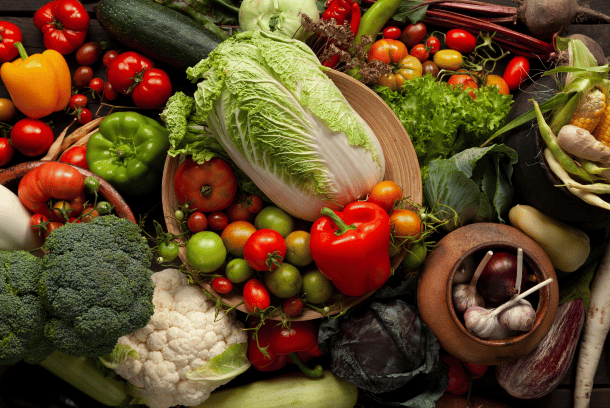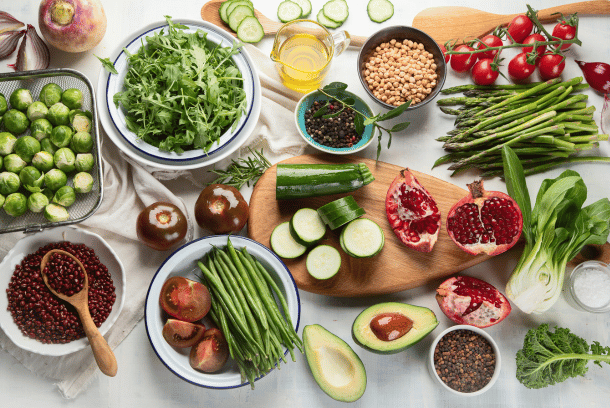26st January 2023
The Ultimate Guide to Omega-3: Discover Why It's Essential for Your Health and Where to Find the Best Sources

Did you know that a healthy, balanced diet should include at least two portions of fish a week? This is because fish and shellfish are great sources of many vitamins and minerals.
That’s according to the NHS who also recommends that at least one of these should be an oily fish, which is especially good for us. They contain long-chain omega-3 fatty acids, which help maintain heart health, and are also a source of Vitamin D.
Examples of oily fish are:
• Herring
• Sardines
• Pilchards
• Salmon
• Sprats
• Trout
• Mackerel
The bones of some oily fish can be eaten, like whitebait, canned sardines, pilchards and salmon. This is a good source of calcium and phosphorous and can help keep our bones healthy.
Steamed, baked, fried or in a curry… what’s your favourite?
The different types of fish provide us with varied nutrients and so we’re encouraged to include different kinds in our diets. Trying new varieties will also keep meals interesting and allow for experimentation with recipes. Fish that is steamed, baked or grilled is a better choice as frying can increase the fat content, especially if cooked in batter. Tastier? Sure, but not as healthy. So be aware and get creative when planning meals.
Which fish is best?
As mentioned, oily fish has the most health benefits, but other options are as good. White fish (examples are cod, haddock, plaice, flounder and red mullet) are low in fat, which means they are a healthier, low-fat alternative to red or processed meat. Shellfish (prawns, mussels, langoustine, crab) are also low in fat and a source of selenium, zinc, iodine and copper. So, let’s dive in and dig in!
But remember:
• Eat Responsibly
Numbers of some types of fish are falling due to pollution, overfishing, destruction of natural habitats or climate change. Red-rated seafood is endangered, overfished or depleted; its capture has damaged the marine environment unnecessarily; or is fished illegally. Check out the Marine Conservation Society’s Good Fish Guide for a complete list and information on sustainability.
• Shop Green – Check for Eco-Labels
An easy way to check on the sustainability of a product is to check for approval on ecolabels, for example, The Marine Stewardship Council’s ‘blue tick’. This indicates that the product is certified, sustainable seafood from healthy, wild fish populations. In this way, we can ensure future generations will also be able to enjoy these fish varieties.
Not Enough Fish in your Diet? Take an Omega Supplement!
We get it. Even with the best of intentions, we don’t always eat enough fish in a week. Taking an Omega-3 supplement solves this for us. Hashmats Health makes a softgel supplement that is easy to swallow. Our Fish Oil Omega-3 Halal Gelatine supports a healthy heart, brain and vision and is:
• Made in the UK
• 100% HMC Halal Certified
• Odourless
• Lab Tested
• 100% contaminant-free
Each softgel contains 1000mg of Fish Oil comprising 330mg Eicosapentaenoic acid (EPA) and 220mg of Docosahexaenoic acid (DHA). Bottom line: It’s good for you.
Read more and order here.
*Informed-Sport is an independent quality assurance programme for sports nutrition products and suppliers to the sports nutrition industry. Informed-Sports tests supplements for ingredients listed on WADA’s banned substance list.
Hashmats Health donates 2% of its sales revenue to charitable organizations.



